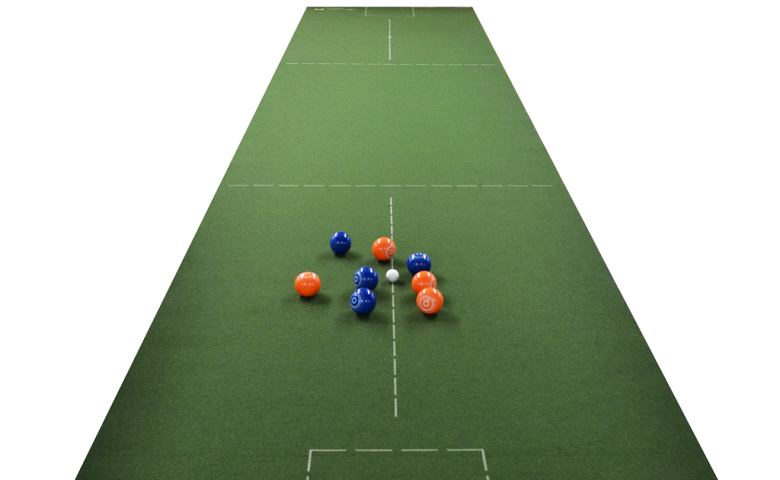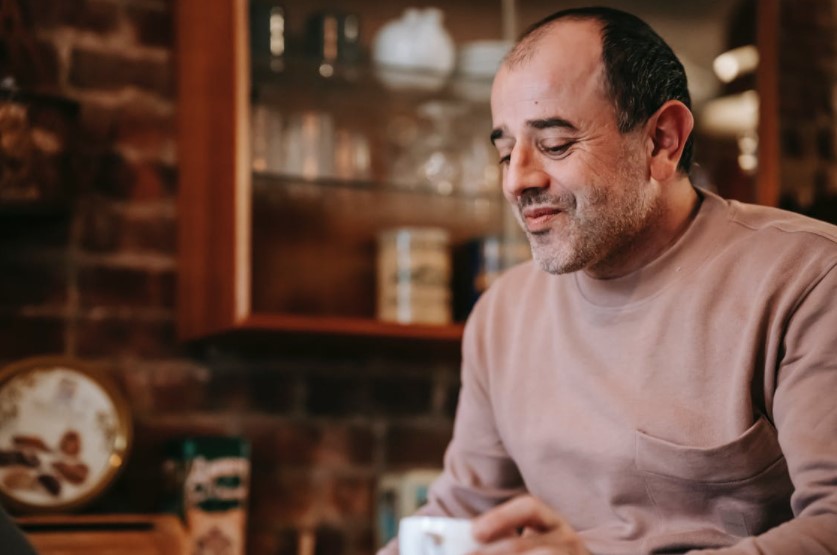Are Physios Medically Trained?

Physiotherapists, commonly known as physios, are well-trained medical practitioners with the ability to practice their profession. Thus, although physiotherapists are not medical doctors, they usually obtain a bachelor’s or a master’s degree in physiotherapy from institutions of higher learning that have been accredited. Their training entails understanding the different body structures, functions of human body parts, body movements, and how to assist individuals with disabilities. Moreover, physiotherapists undergo the clinical component of professional training in internships and supervised practice that enables a practical application of the acquired knowledge in many musculoskeletal, neurological, and cardiopulmonary disorders. This prepares physios with the critical knowledge and skills essential to analyze and manage patients with movement disorders and physical disabilities/impairments.
Difference Between a Physio and a Doctor
Physio therapist and doctors are quite important in the health of people, yet there are significant differences in expertise, responsibilities, and strategy towards a patient.
Physicians are individuals who have obtained a medical education and also must complete a rigid and formal educational and training program. This includes obtaining a Doctor of Medicine (MD) or even a Doctor of Osteopathic Medicine (DO) degree. However, they have a vast discretion of medical disciplines that they can learn as well as become equipped to recognize and address different ailments and diseases using drugs, operations, and other treatment methods.
Many doctors aim to examine and treat illnesses and diseases as well as provide health care with physical approaches. Whereas, spinal specialists are categorized as physiotherapists who are more involved with processes of rehabilitation and physical therapy as they help patients gain movement, functions, and overall well-being back to normalcy. They diagnose and manage musculoskeletal, neurological, and/or cardiovascular disorders using touch, massage, manipulation, and/or mobilization techniques and exercises, and applying modalities like ultrasound or electrical current.
Physios approach this process with large concern not only the medical condition of the patient who has been injured or diagnosed with an illness, but also the person’s way of life, hobbies, work, daily routine, and overall happiness. They consult directly with other doctors and other types of healthcare employees to carry out complete treatment and attend to all the needs of a patient during his or her healing process.
Cost:
Generally speaking, time spent with a physiotherapist is going to cost you less than time spent with a doctor. This is a fact that the NHS has known and has culminated in the incorporation of physiotherapists in primary care in the UK. It has recently become a common practice to integrate first-contact physiotherapists (FCPs) into GP surgeries. This is useful in evaluating patients attending clinics with musculoskeletal complaints. This suggests that as many as one in five patients attending the general practice will have an anxiety disorder. Such freeing up is being done to enable the GP to undertake more general medical issues.
Access to prescribed medicine:
A physiotherapist could only defer any prescription of medication to a doctor’s fellow. However in 2012, there were modifications in legislation as with additional practice, physiotherapist were empowered to start prescribing a limited list of clinically relevant medicines on their own. Nevertheless, there is still a limited number of physiotherapists who are listed to do so this.
Time:
Last but not least, it is obvious that in the worst case, a physiotherapist will spend half an hour diagnosing your issue. For the rest of the NHS and private physiotherapists, this could be 45 minutes to an hour, compared to the ‘about 7-10’ minutes that you can have with your general practitioner. Of course, this is not always the case and there are exceptions to this if your GP does have an interest in musculoskeletal medicine or has had additional training in the said field. A specialist doctor would take 30-60 minutes to evaluate your issue (but he/she will charge you more).
Conclusion
Physiotherapists are known as physically trained and skilled team members who are engaged in the practice of assessing and treating diseases in humans, while doctors are known as physicians who are skilled in the practice of diagnosing and treating diseases in the human body. Though the jobs of a physiotherapist and doctor may intersect in some instances, both professionals have their approaches and principles in patient management to support health, movement, and well-being. Find a physio with a professional background and relax from your health related problems.












